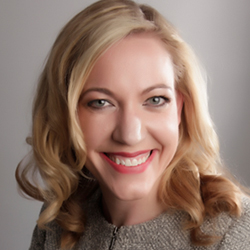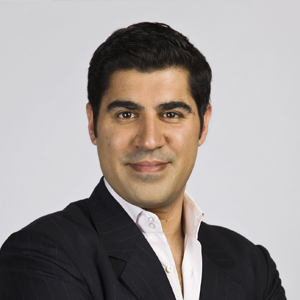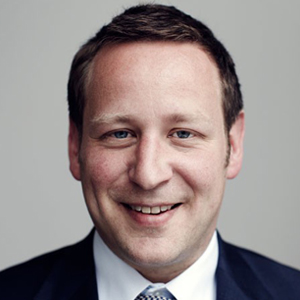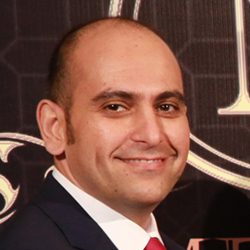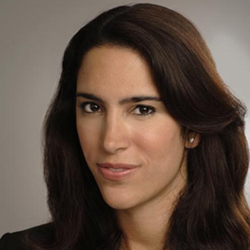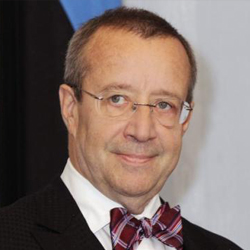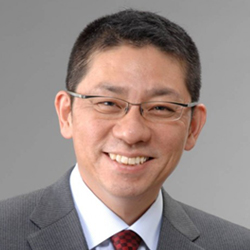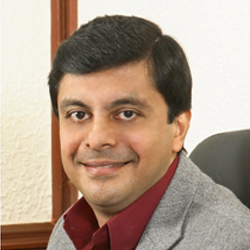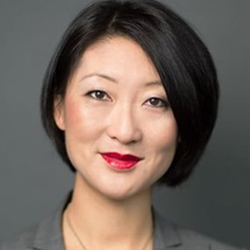Elizabeth Linder specialises in the intersection of societal change and 21st-century leadership from inside the social media revolution, advising global influencers on changing patterns of communications and digital connectivity across more than 40 countries.
Throughout her entire career at Google, YouTube, Facebook, and Chatham House, Elizabeth has never held a position with an existing job description. She launched her career at Google and joined the YouTube politics team in 2007 – the year widely recognised as the seminal moment that user-generated content first played an influential role in a major political election.
In 2008, Facebook recruited Elizabeth to join its small but growing team. At the time, Facebook had just 100 million active users. By the time Elizabeth left Facebook eight years later, she had been at the company longer than 99.2% of current employees.
Elizabeth worked with Mark Zuckerberg on his first tour of Europe, opened Facebook’s first office in India, and in 2011 moved to London to found and build the Politics & Government division across the Europe, Middle East & Africa region. As the Arab Spring swept across the region, political content emerged as a dominant topic of conversation amongst Facebook users, and leaders at the senior-most levels searched to better understand this uncharted space, Elizabeth moved from the Egyptian Prime Minister’s Office to the Royal Hashemite Court, the Nigerian Senate to the British Parliament, advising leaders on how “social media citizens” are charting out a new world order and questioning societal norms. She left Facebook in 2016 to found the Conversational Century, a movement that challenges decision-makers to re-imagine communication in a digital world.
Elizabeth strongly believes that current and emerging leaders in business and in public office have the most critical role to play in the next chapter of this story. Although the short history thus far of social media shaping society centres around the role of the millions who connect to each other online, this next phase depends largely on how authentic communications practices will be adopted or rejected by those with most influence.
